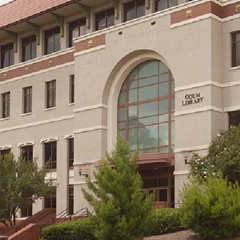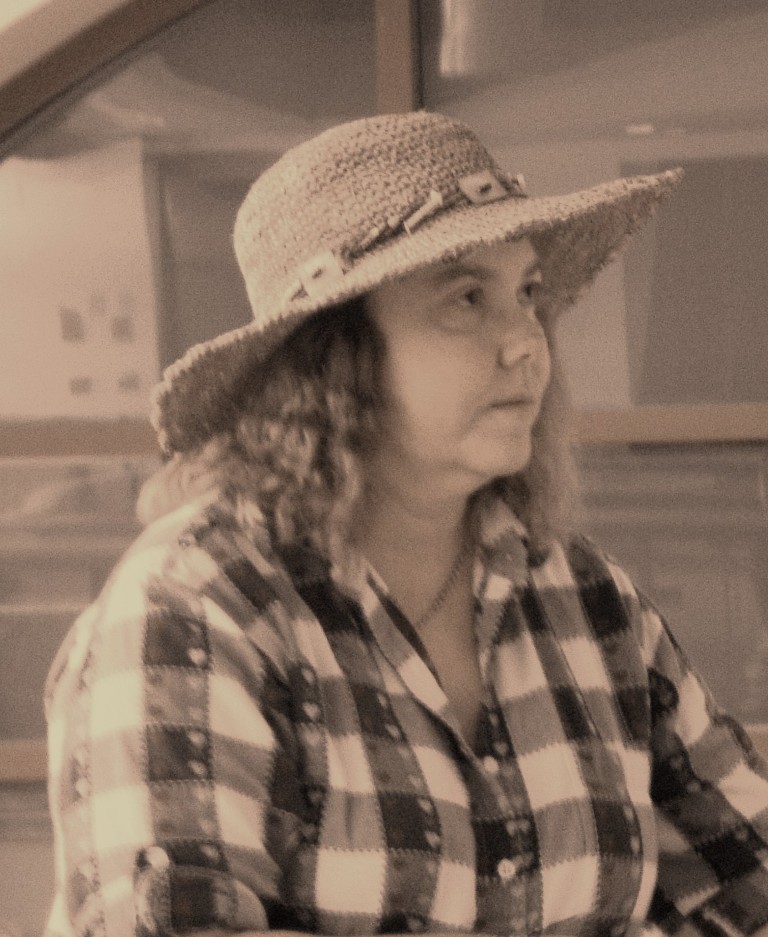Welcome to the Odum Library’s Tech Corner! This is a blog section written by Jeff Gallant- a Reference Librarian, tech enthusiast, and self-professed geek.
Jeffrey Rosen, law professor at George Washington University, contributed an article to the New York Times recently that defines a big problem with the distribution of information over the Web: when you post your own personal information, the Internet “records everything and forgets nothing.” The name of the article is “The Web Means the End of Forgetting,” and it’s located here: http://www.nytimes.com/2010/07/25/magazine/25privacy-t2.html?pagewanted=1&_r=1
The article does give mention to the most obvious hot topic in this subject area, the major privacy changes that Facebook have made largely without asking its users. It’s also about other social networking tools – including photo-sharing applications or even the online forum, now seen almost as an ancient predecessor to current social networks. It also mentions a book that deals with this issue, “Delete: the virtue of forgetting in the digital age,” which is currently being ordered for the VSU library: http://gilfind.valdosta.edu/vufind/Record/654957
These two sources paint a picture of a new global “society” of sorts, where privacy is being whittled away in favor of sharing as much information as possible, and it can be frightening in many ways. There are already stories about people losing jobs due to a social networking picture post (both sources above talk about the “Drunken Pirate” situation), and there are even more stats about Human Resources departments profiling applicants through Google for publicly-available information.
However, what are the alternatives when one wants to share information? You can impose anonymity rules on your social networking site, but anonymity is a double-edged sword: you can feel free to express yourself without repercussions, sure, but there is no accountability to what an anonymous poster says. Therefore, companies like Yelp are rewarding their users for sharing personal information, such as a name and picture, in order to make posters to the site a bit more accountable and therefore make the information there more authoritative (meaning it’s more trusted, it has more authority – this is a term librarians often use for the more trustworthy research materials at the library).
Blizzard, the company responsible for World of Warcraft, famously tried to impose a RealID system on its forums, where all users displayed their full name. One person who worked for Blizzard advocated for the change by posting his full name, and immediately found his personal life, along with the names of his children and wife, displayed for all to see. Blizzard later rescinded on their decision to implement RealID, at least for now. http://www.examiner.com/x-12491-Dallas-PS3-Examiner~y2010m7d9-Blizzards-Real-IDs-flaws-already-exposed
While libraries have always valued making as much information as possible accessible, this information was commonly published, scholarly, or entertaining – not necessarily personal. However, an experienced researcher knows the value of visiting the Archives and reading “commonplace” unpublished correspondence (mostly letters/telegrams) from a historical figure being researched, and he or she will probably talk about how it’s a window into the life of someone, aside from the professional image the person conveyed in public. Without personal information being shared, many biographies would be incredibly impersonal and “cold” books that wouldn’t allow you to relate to the person being researched.
Personal information is necessary for these purposes and biographies show a good side to sharing it. It is good to note that most of the time in these instances where personal information is shared in published works, either the person has passed away and the estate allows the dissemination of this information, or the person gives legal consent to publish the information, often within a contract where they are compensated. The exceptions would be the newer instant-journalism sites that employ paparazzi or tabloids that fabricate information.
I’m sure you know by now that there’s no easy solution to this emerging problem, but for a start, you can control much of what is publicly displayed about you throughout the Internet. Be sure to check the account settings for each social networking tool you use; most will allow you to make your information private or only available to those you are connected with. If you are concerned about what is out there, use multiple search engines to scan the open Web for your name and your most used usernames. Also, if you register with a new social networking site, be sure to check the privacy section of their Terms of Service; this section will illustrate what a site will do with your information. You don’t typically need to pay a security agency like the Reputation Defender mentioned in the New York Times article; you just need a little bit of time, a little bit of know-how, and that initial awareness that the Internet does not forget.
Also, while VSU librarians are typically helping people with scholarly research, we also are here to help you with other types of information, including technology help. If you have a technology question, feel free to ask a librarian!













